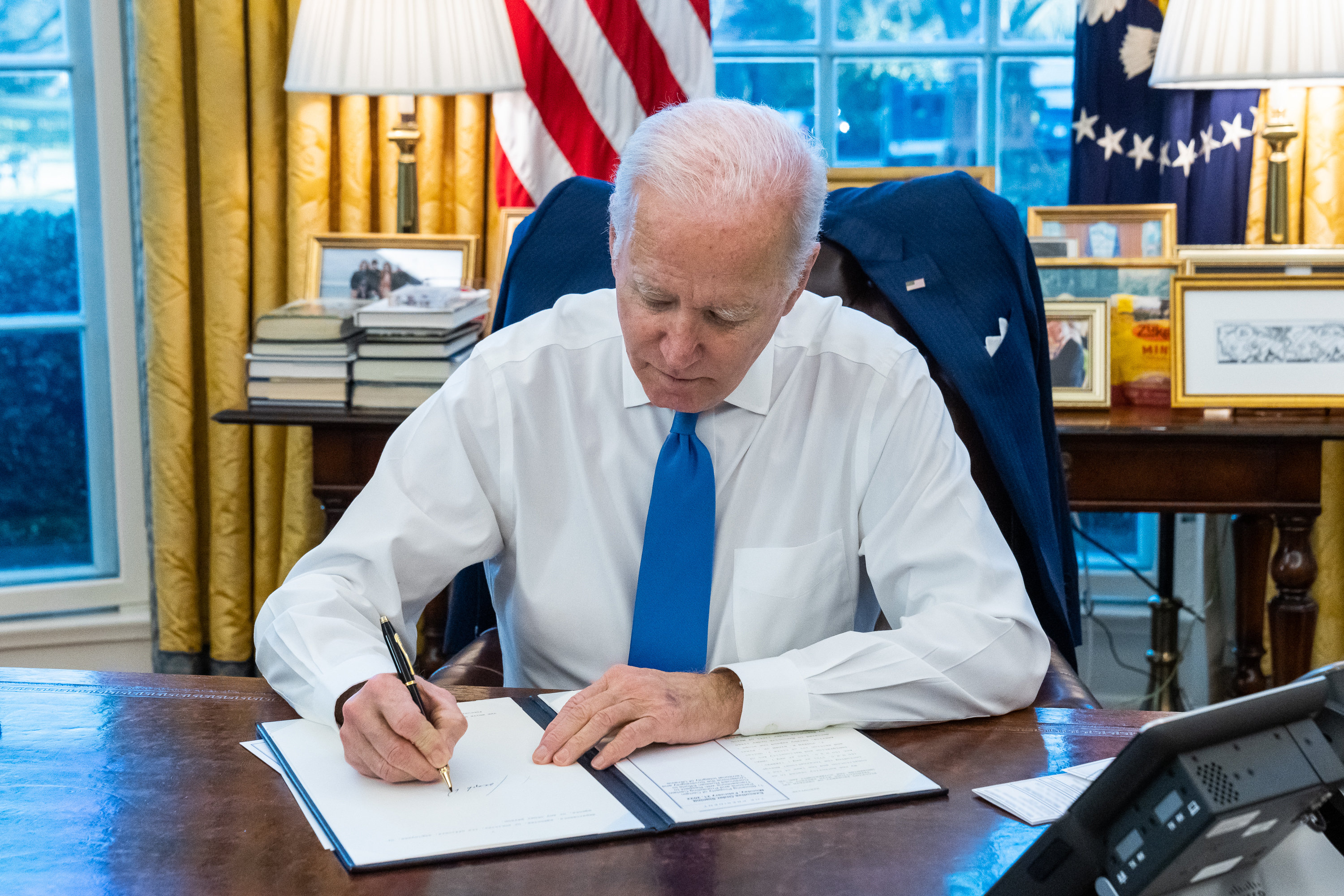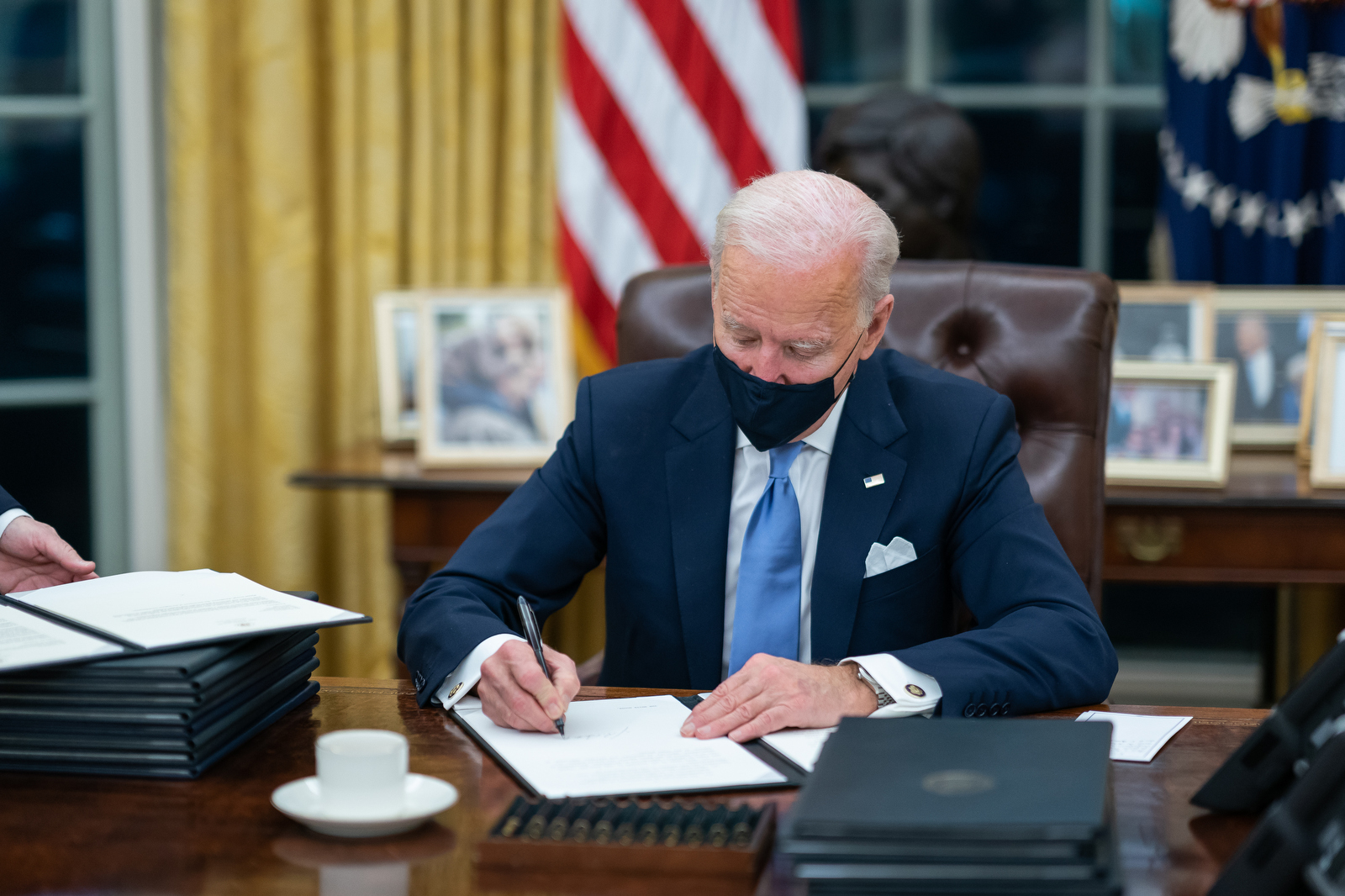-

If Congress Wants to Protect Section 702, It Needs to Rein in the FBI
Section 702 is vital to national security. That’s why Congress must stop the FBI’s overreach. -

FISA Section 702 (2008-2023?)
U.S. intelligence agencies rely on Section 702 of the Foreign Intelligence Surveillance Act to monitor more than 200,000 overseas targets. But will next year be its last? -

Section 308’s Overbroad Restrictions on Post-Intelligence Community Jobs
Congress was right to legislate in response to Project Raven, but its solution limiting the jobs that intelligence community members can take after leaving the government is overbroad. With luck, the int... -

The ‘Three Rs’ of President Biden’s Trans-Atlantic Privacy Outreach
The new signals intelligence executive order is a positive response to prior privacy disagreements with the U.S. and European Union. European advocates would be wise to embrace it. -

What’s in Biden’s Executive Order on Signals Intelligence?
A brief summary of the Executive Order on Enhancing Safeguards for United States Signals Intelligence Activities. -

Donald Trump and the Espionage Act
As president, Trump used the Espionage Act aggressively to prosecute leaks of information to the media. Now, Trump may be caught up in the act himself. -

New Statistics Confirm the Continuing Decline in the Use of National Surveillance Authorities
Here is an explainer of the data presented in three intelligence community reports released in April regarding the continuing decline in the use of national surveillance authorities over the past two yea... -

The Chatter Podcast: The Art of the Security State with Trevor Paglen
This week on Chatter, Shane Harris speaks to artist Trevor Paglen, who explores themes of surveillance, security, and secrecy. -

Director of National Intelligence Releases Annual Transparency Report
-

The Federal Bureau of Investigation and Foreign Intelligence Collection
While the intelligence community is adept at collecting foreign intelligence outside the U.S., it does not neatly address how to exploit domestic foreign intelligence, largely due to conflicting narrativ... -

Supreme Court Rules in FBI v. Fazaga
The Supreme Court unanimously held that the Foreign Intelligence Surveillance Act does not displace the state secrets privilege. -

Supreme Court Rules in United States v. Abu Zubaydah
The court decided that the federal government could invoke the state secrets privilege to block two CIA contractors from testifying about a Guantanamo detainee’s treatment at a CIA black site.
The upcoming main navigation can be gotten through utilizing the tab key. Any buttons that open a sub navigation can be triggered by the space or enter key.














